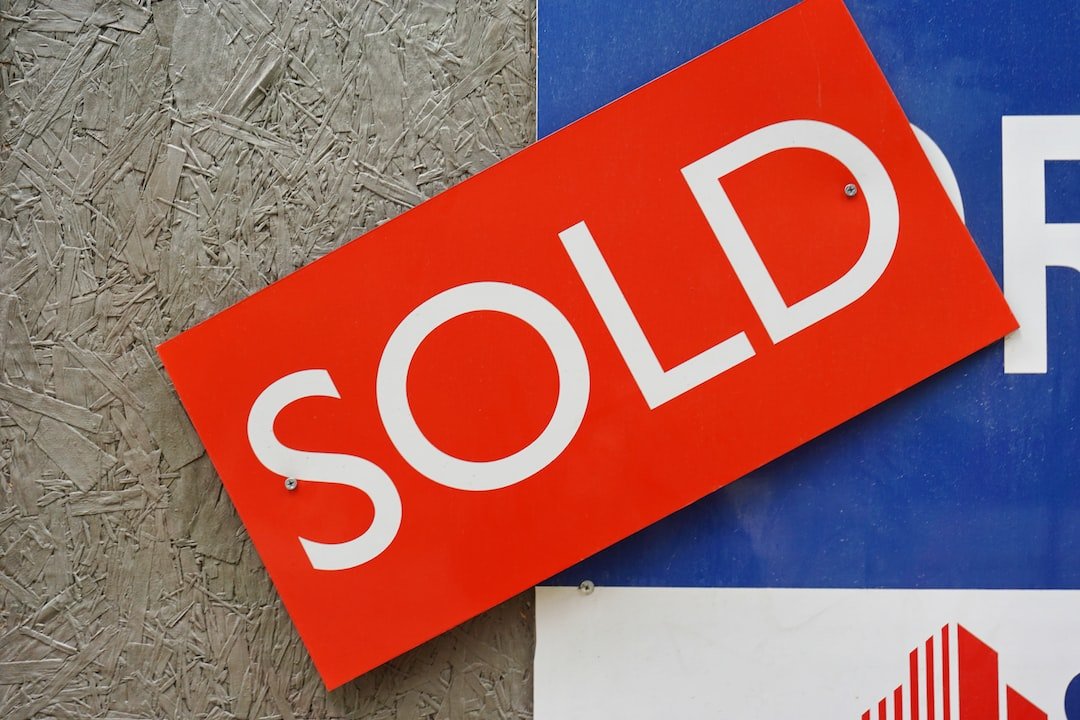The Pros and Cons of Renting vs. Owning a Home
Deciding whether to rent or buy a home is not an easy decision. It involves weighing the advantages and disadvantages of both options. While owning a home is traditionally seen as the American dream, there are definitely pros and cons to consider. In this blog post, we will explore the advantages and disadvantages of both renting and owning a home.
Renting a Home
Renting a home offers several advantages that make it an attractive option for many individuals and families. One of the key benefits of renting is the flexibility it provides. Renting allows you to relocate easily if needed, especially if your job requires frequent moves or if you are uncertain about your future plans. This flexibility can be particularly beneficial for young professionals who are looking to explore different career options or who are not yet ready to settle down in one location.
Another advantage of renting is the lower upfront cost. When renting a home, you typically only need to pay a security deposit and the first month’s rent, making it more affordable to get started. Additionally, maintenance costs are generally the responsibility of the landlord, freeing you from the financial burden of unexpected repairs or renovations.
Renting also provides access to amenities that may otherwise be financially unattainable when owning a home. For instance, many apartment complexes offer amenities such as swimming pools, fitness centers, and communal areas for socializing. These additional services can enhance your quality of life and create a sense of community.
However, renting also has its downsides. One of the most significant disadvantages is the lack of control and limited personalization. As a renter, you may not be able to make structural or cosmetic changes to your living space, such as painting the walls or upgrading fixtures. This lack of control can restrict your ability to create the home environment you desire.
Renting also means that you will be subject to the rules and policies set by the landlord or property management company. These rules can extend to restrictions on having pets, hosting guests, or even the length of your lease. If you value autonomy and independence, these limitations may become frustrating over time.
Owning a Home
Owning a home has long been considered a measure of financial stability and a symbol of success. One of the most significant advantages of homeownership is the potential for equity and wealth accumulation. By paying off your mortgage over time, you build equity, which can be a valuable asset that can be used for future investments or as a form of collateral. Additionally, owning a home allows you to enjoy the benefits of any appreciation in the property’s value.
Another advantage of owning a home is the freedom to make changes and personalize your living space as you see fit. From remodeling the kitchen to creating a beautiful garden, homeowners have more control over their living environment. This sense of ownership and creative control can create a strong sense of pride and satisfaction.
Furthermore, owning a home typically provides stability and security. Rent prices can fluctuate based on market conditions, but with a fixed mortgage rate, homeowners can enjoy the peace of mind of a consistent monthly payment. This stability can be particularly appealing for families who want to provide a stable environment for their children or individuals who desire long-term roots in their community.
However, homeownership also comes with its challenges. One of the primary drawbacks is the upfront cost, including the down payment, closing costs, and ongoing maintenance expenses. It usually takes several years for homeowners to recoup these costs, which means that renting may be more financially feasible in the short term.
Homeownership also requires a higher level of responsibility and commitment. Maintenance and repair costs become the homeowner’s responsibility, including any unexpected expenses that may arise. This obligation can become a burden for individuals who prefer the ease and convenience of having a landlord take care of these matters.
Lastly, owning a home limits your mobility. If you are someone who prefers to have the flexibility to move frequently or explore different areas, homeownership may not be the most suitable option for you. Selling a home can take time, and market conditions may impact your ability to sell quickly or at the desired price.
In conclusion, the decision to rent or buy a home depends on your personal circumstances and priorities. Renting provides flexibility, affordability, and access to amenities, whereas owning a home offers equity accumulation, personalization, and stability. It is essential to weigh the pros and cons carefully before making a decision that suits your financial goals, lifestyle, and long-term plans.

